
A Practical Guide to Artificial Intelligence in Healthcare for 2025
By Billmate
Sept. 10, 2025, 8:11 a.m.
The conversation around Artificial Intelligence (AI) in healthcare has shifted from speculative fiction to a strategic imperative. For doctors, clinic managers, and hospital administrators, AI is no longer a distant future technology; it is a present-day tool reshaping every facet of patient care and practice management. The year 2025 is poised to be a pivotal inflection point, where early adoption transitions into mainstream integration.
However, navigating this new landscape is fraught with both immense potential and significant challenges. The core question for healthcare providers is no longer whether AI will impact their work, but how to implement it responsibly, effectively, and ethically to enhance patient outcomes while safeguarding the vitality of their practice. This guide cuts through the hype to provide a professional, authoritative overview of the practical applications, benefits, and critical considerations of AI in the modern healthcare environment.
The Clinical Frontier: How AI is Augmenting Medical Expertise
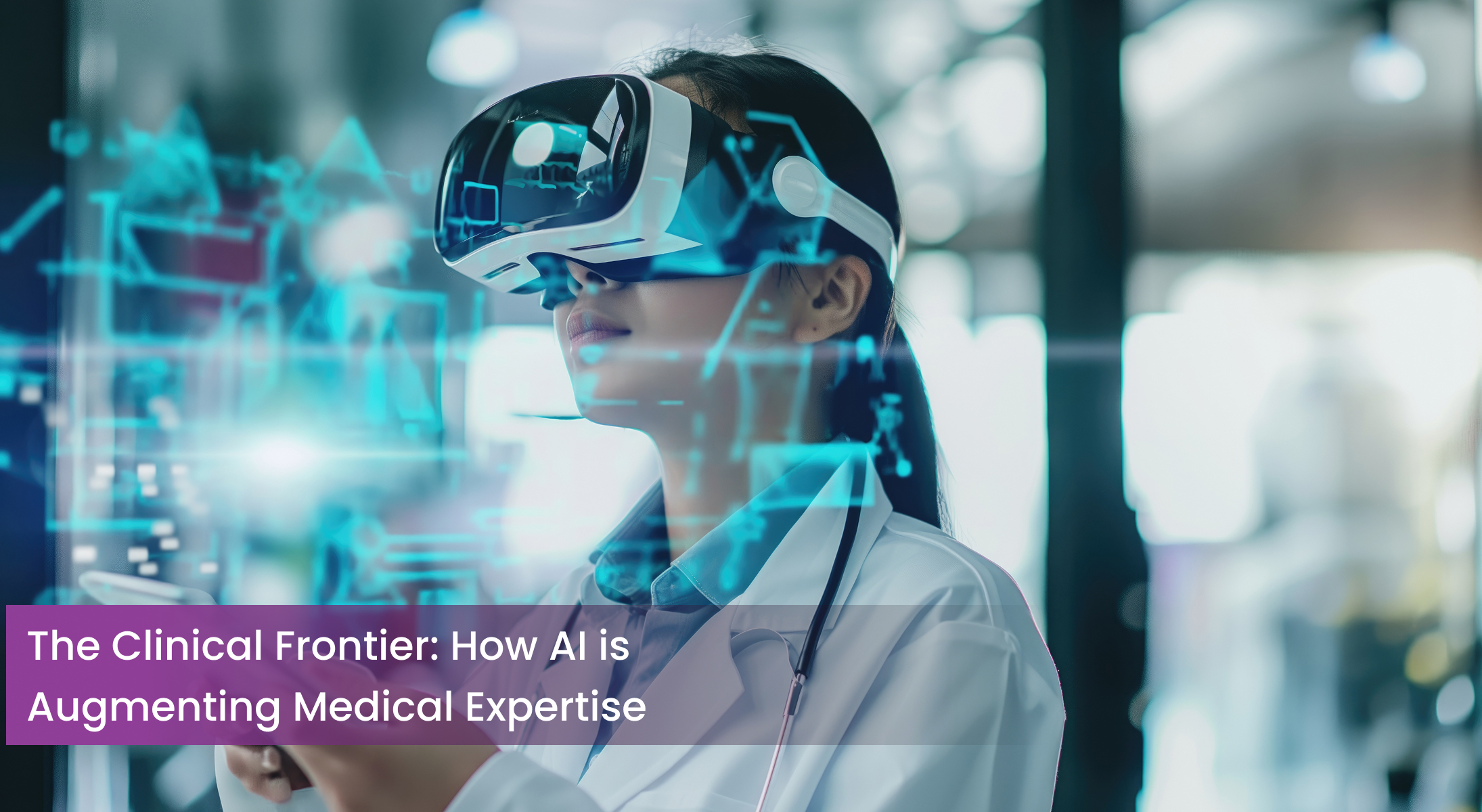
AI's most profound impact is in its ability to augment, not replace, clinical judgment. It serves as a powerful force multiplier for healthcare professionals, enhancing diagnostic accuracy and personalizing treatment pathways.
Advanced Diagnostic Imaging and Analysis
AI algorithms, particularly in deep learning, are now exceeding human-level performance in analyzing complex medical images. From detecting subtle mammographic lesions to identifying hemorrhages on CT scans, AI acts as a highly sensitive second reader.
Key Benefit: Reduces diagnostic errors and radiologist burnout by flagging priority cases and minimizing oversight. A study published in Nature demonstrated an AI model that could detect breast cancer with similar accuracy to expert radiologists.
2025 Outlook: Expect tighter integration of these tools into PACS systems, providing real-time analysis and decision support as images are generated.
Predictive Analytics for Proactive Intervention
By analyzing vast datasets from Electronic Health Records (EHRs), wearable devices, and genetic information, AI can identify patients at high risk of developing conditions such as sepsis, heart failure, or diabetic complications.
Key Benefit: Shifts care from a reactive to a proactive model, enabling early intervention that can prevent hospital readmissions and improve chronic disease management. The World Health Organization (WHO) highlights the potential of AI to strengthen public health interventions.
2025 Outlook: Predictive risk scores will become a standard feature in EHR platforms, alerting care teams to at-risk patients before a crisis occurs.
Personalized Medicine and Treatment Optimization
AI can sift through global research databases and clinical trial data to help clinicians determine the most effective treatment protocols for individual patients based on their unique genetic makeup, lifestyle, and comorbidities.
Key Benefit: Moves away from a "one-size-fits-all" approach, paving the way for highly personalized care plans that maximize efficacy and minimize adverse effects.
2025 Outlook: AI-powered clinical decision support (CDS) tools will become more nuanced, offering tiered recommendations with supporting evidence directly within the clinician's workflow.
Operational Revolution: Leveraging AI for Efficiency and Financial Health
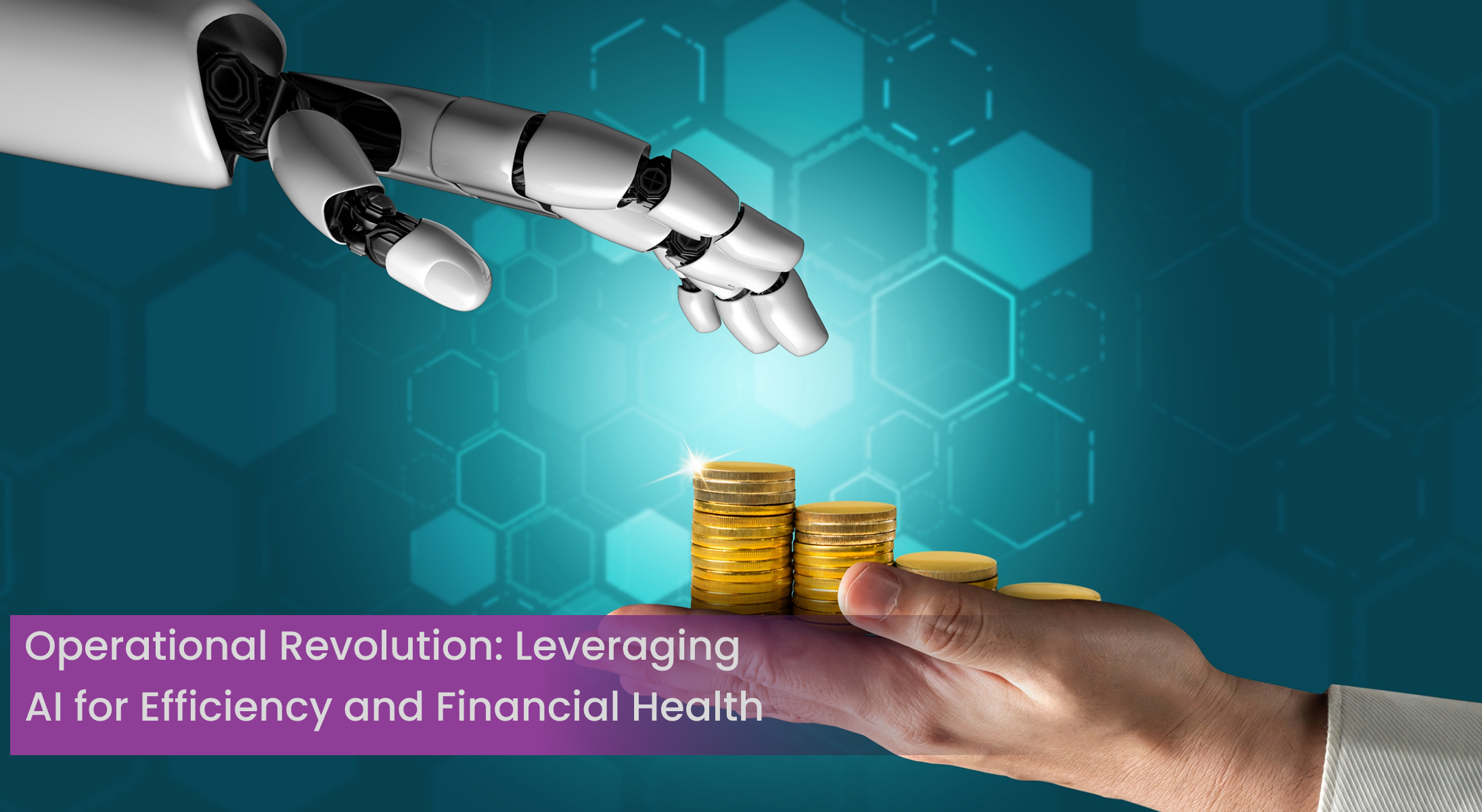
Beyond the clinic, AI is a powerful engine for streamlining administrative burdens and optimizing the revenue cycle, directly addressing critical pain points for providers.
Automating Administrative Workflows
AI-powered tools are now capable of handling time-consuming tasks that contribute to administrative bloat and physician burnout.
Applications:
-
Voice-to-Text Transcription:Advanced NLP (Natural Language Processing) models can accurately draft clinical notes from doctor-patient conversations, drastically reducing after-hours charting.
-
Prior Authorization: AI can automate the submission of prior authorizations by extracting necessary data from EHRs and communicating with payer portals, significantly accelerating approval times.
-
Appointment Scheduling: Intelligent chatbots can manage scheduling, send reminders, and answer routine patient queries 24/7.
Enhancing Revenue Cycle Management (RCM)
AI is making healthcare revenue cycle management more intelligent and predictive.
Applications:
-
Claim Denial Prediction: AI models analyze historical claims data to predict which submissions are most likely to be denied, allowing for pre-emptive corrections. This is a powerful solution for reducing claim denials in the healthcare industry.
-
Coding Accuracy: AI-assisted coding tools review clinical documentation and suggest the most accurate and specific ICD-10 and CPT codes, minimizing medical coding errors and ensuring accurate claims processing.
-
Patient Payment Forecasting: AI can analyze a patient's financial history and insurance to provide more reliable upfront cost estimates, improving collection rates.
The Patient Experience Transformed: Engagement and Accessibility
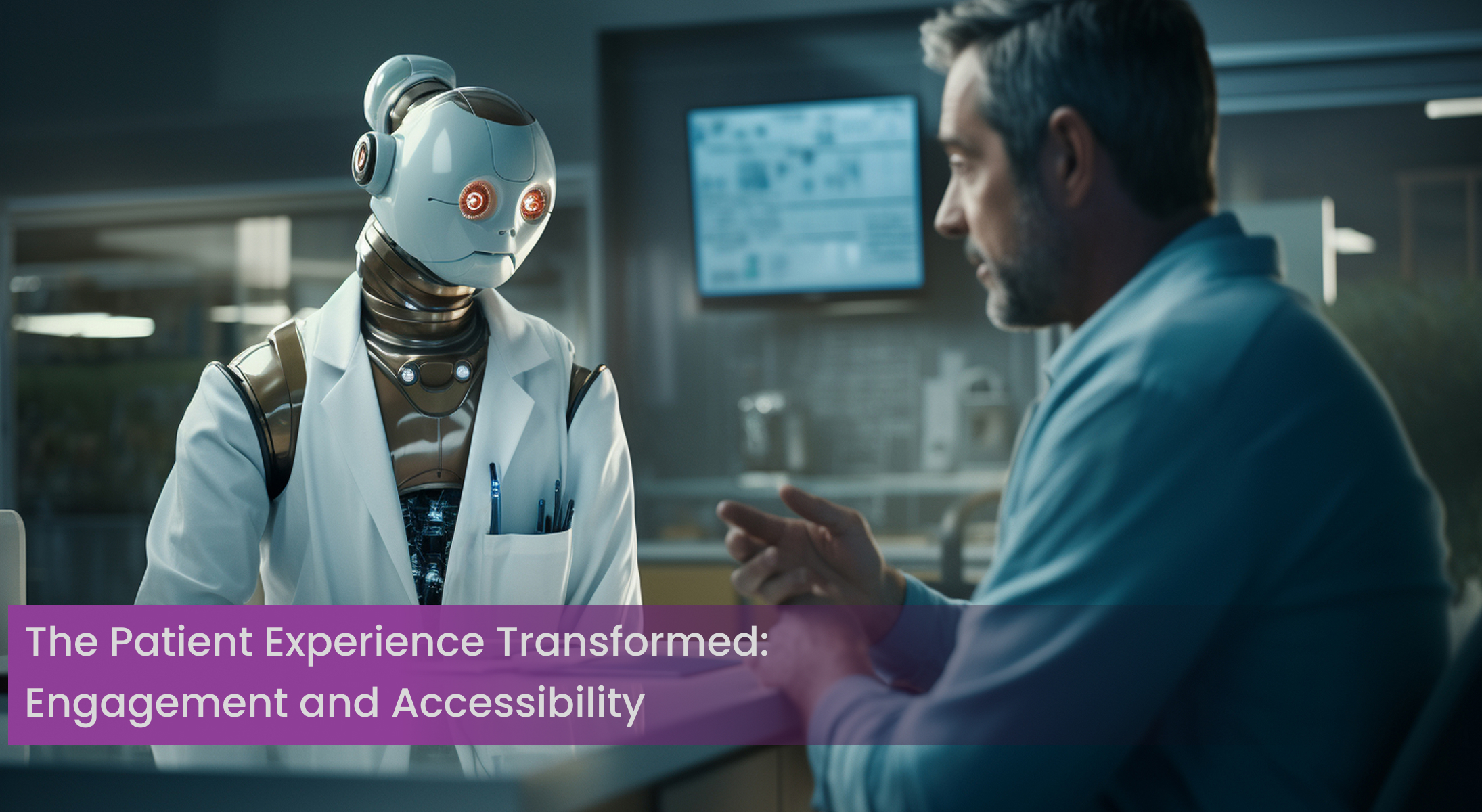
AI is breaking down barriers to access and creating a more continuous, supportive patient journey outside the clinic walls.
-
Intelligent Patient Portals: Moving beyond simple message boards, AI-driven portals can triage patient requests, provide personalized educational content, and guide them to the appropriate level of care.
-
Chronic Disease Management: AI-powered apps can provide real-time coaching to patients with diabetes, hypertension, or other chronic conditions, analyzing data ingested from wearable devices (e.g., Glucose levels, activity) to offer timely advice and alerts.
-
Mental Health Support: Therapeutic chatbots and AI-driven platforms offer scalable, initial-level support and cognitive behavioral therapy (CBT) techniques, helping to address the growing mental health crisis.
Navigating the Challenges: Ethics, Implementation, and The Human Touch
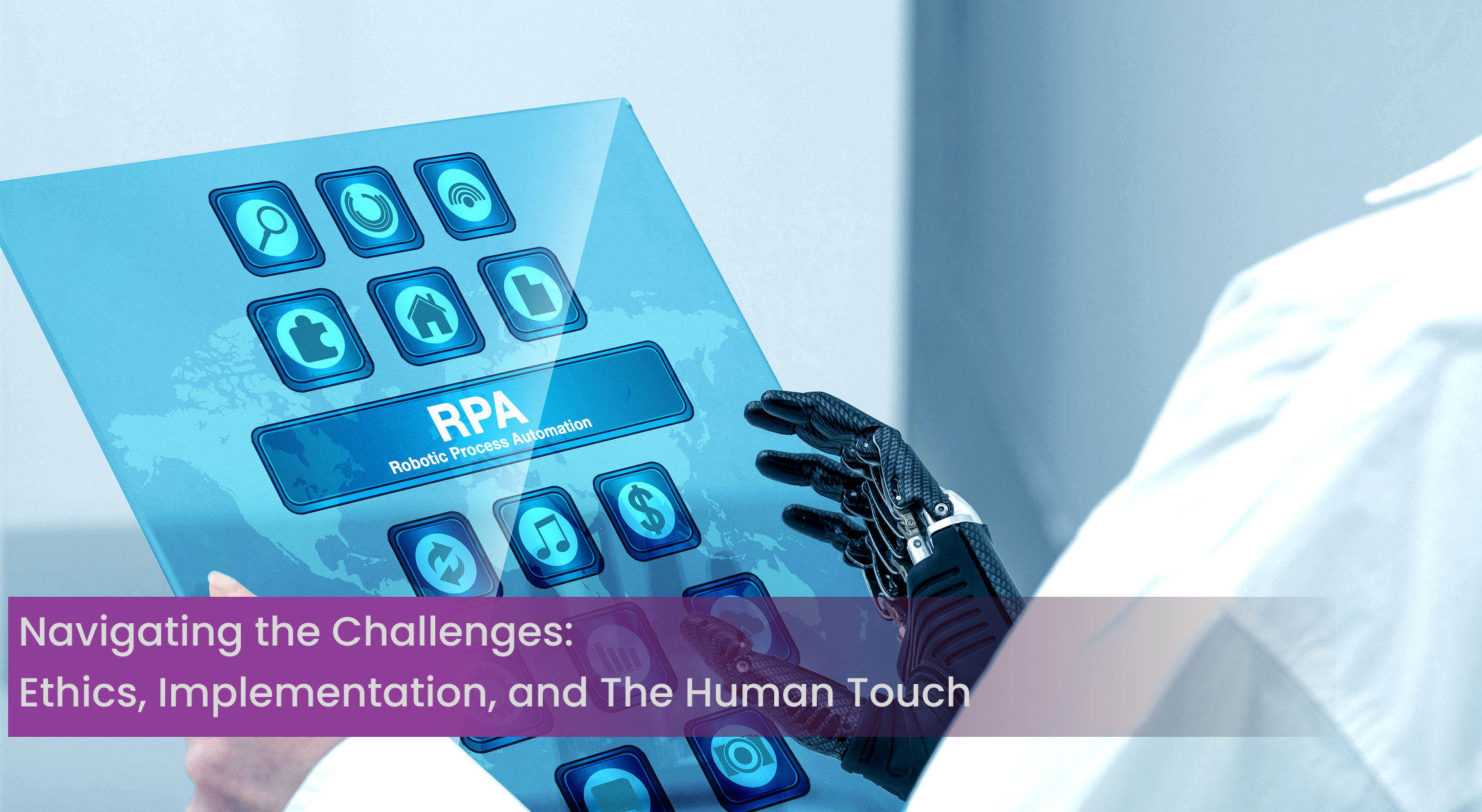
For all its benefits, AI integration requires careful strategic planning. Failing to address these challenges can lead to failure, financial loss, and patient harm.
Ensuring Data Privacy and Security (HIPAA Compliance)
AI systems require access to vast amounts of Protected Health Information (PHI). Ensuring that AI platforms are fully compliant with HIPAA regulations is non-negotiable. Providers must vet vendors meticulously on their data encryption, anonymization practices, and business associate agreements (BAAs).
Mitigating Algorithmic Bias
AI models are only as good as the data they are trained on. If historical data contains biases (e.g., underdiagnosis in certain demographic groups), the AI will perpetuate and potentially amplify these biases. Rigorous testing for fairness and equity across different patient populations is essential before deployment.
The Imperative of Human Oversight
AI is a tool for support, not replacement. Clinical validation and final decision-making must always rest with a qualified healthcare professional. The "black box" problem, where an AI's reasoning is not transparent, necessitates a human-in-the-loop model to ensure trust and safety.
Cost and Integration Considerations
Implementing AI solutions requires investment not just in software, but in training, change management, and IT infrastructure. Seamless integration with existing EHR and practice management systems is critical for user adoption and workflow efficiency.
Preparing Your Practice for an AI-Driven Future: A 2025 Roadmap
-
Educate and Assess: Begin by educating your leadership and clinical teams on the realistic capabilities and limitations of AI. Conduct an internal audit to identify your biggest pain points (e.g., high denial rates, clinician burnout, patient no-shows) that AI could solve.
-
Start with a Pilot Project: Choose one discrete, high-impact area for a pilot program. This could be an AI-powered transcription service or a claims denial prediction tool. Measure its impact rigorously against defined metrics.
-
Vet Vendors Meticulously: Choose partners with proven experience in healthcare, robust security protocols, and a commitment to transparent, explainable AI. Demand references from similar practices.
-
Prioritize Change Management: Prepare Your Staff for the Transition. Provide comprehensive training and frame AI as a tool to alleviate their burdens, not to replace their expertise.
-
Focus on the Patient-Provider Bond: Ultimately, the goal of AI is to free up more time for the irreplaceable human element of medicine: the empathetic connection between provider and patient.
The future of healthcare is not AI versus humans; it is humans empowered by AI. By embracing this technology with a strategic, ethical, and practical approach, healthcare providers can not only future-proof their practices but also unlock new levels of clinical excellence and operational efficiency.
Ready to explore how AI can specifically enhance your practice's efficiency and patient care? The experts at Billmate are at the forefront of integrating intelligent solutions into healthcare workflows.
Schedule Your Free Consultation Today to discuss a tailored strategy for your organization.
Conclusion
Artificial Intelligence in healthcare is no longer just a futuristic concept—it is today’s reality. By 2025, AI will not only optimize diagnostics, patient engagement, and revenue cycles but also strengthen personalized medicine and preventive care. However, success depends on responsible implementation, strong data governance, and human oversight. Healthcare organizations that embrace AI strategically will lead the future of patient care while improving financial sustainability and operational efficiency.
Frequently Asked Questions
1. How is AI being used in healthcare in 2025?
AI is used for diagnostic imaging, predictive analytics, personalized treatments, automating administrative workflows, and enhancing patient engagement.
2. Can AI replace doctors in the future?
No, AI cannot replace doctors. It only supports clinicians by improving accuracy, reducing workload, and providing data-driven insights, while final decisions remain with healthcare professionals.
3. What are the challenges of implementing AI in healthcare?
Key challenges include data privacy, algorithmic bias, integration with EHRs, high costs, and the need for human oversight.
4. Does AI improve patient care?
Yes, AI improves patient care by enabling early detection of diseases, offering personalized treatment, reducing diagnostic errors, and providing continuous support through apps and chatbots.
5. How can hospitals prepare for AI adoption?
Hospitals should start with pilot projects, educate staff, vet vendors carefully, and invest in training and integration for smooth adoption.
What To Read Next

By Billmate | February 23, 2026
Hospice Modifiers GV and GW: A Complete Guide for Medicare Billing
In-depth 2026 guide to hospice modifiers GV and GW, Medicare billing rules, documentation standards…

By Billmate | February 20, 2026
Tick Bite ICD-10 Codes and Billing Guide for Accurate Medical Coding
Complete guide to tick bite ICD-10 codes, Lyme disease coding, CPT tick removal billing, erythema m…

By Billmate | February 19, 2026
Denial Management in Medical Billing: Common Denials, Causes, and Prevention Strategies
Learn denial management in medical billing, common denials, eligibility denials, causes, prevention…
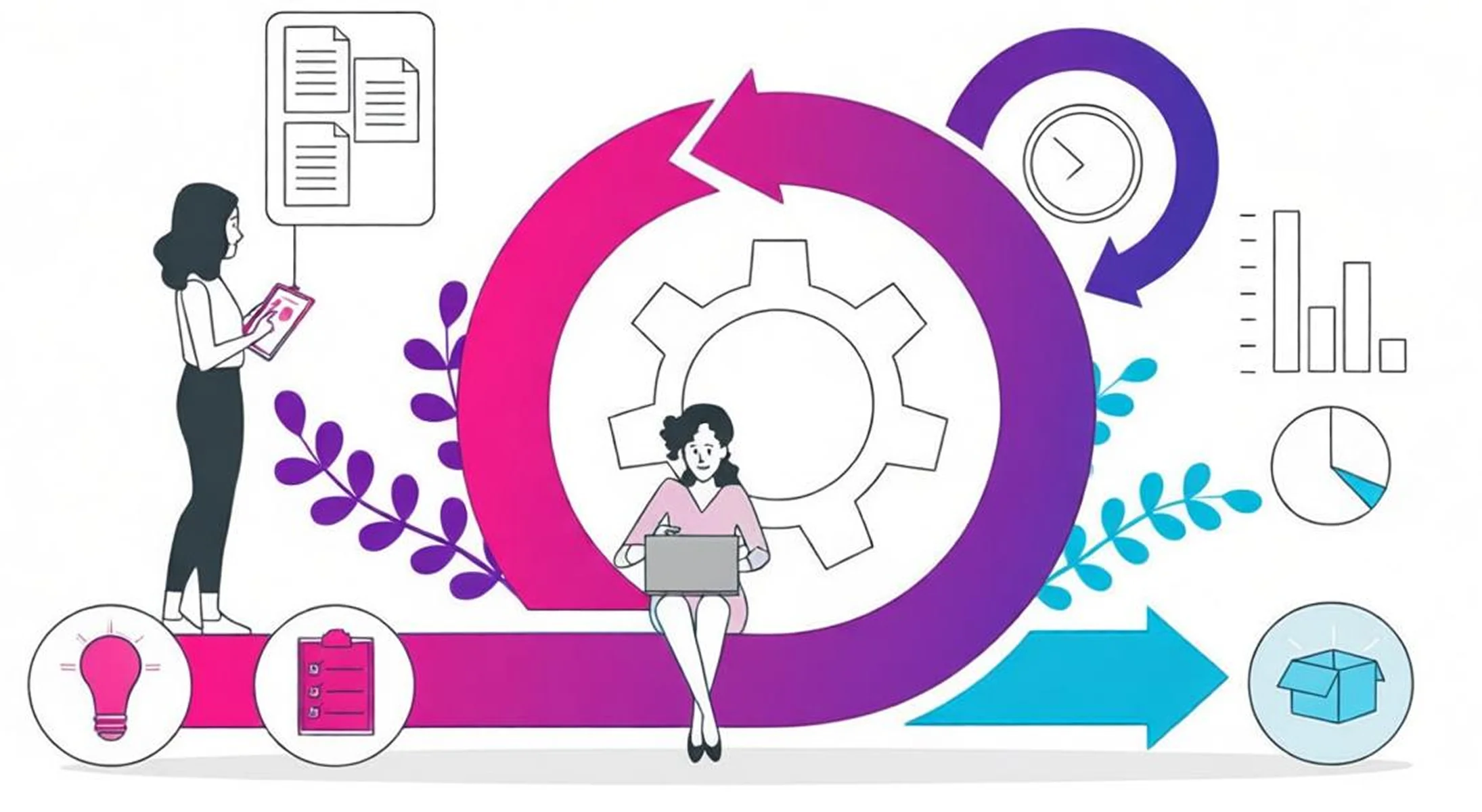
By Billmate | February 17, 2026
Mastering Revenue Cycle Management in Healthcare: A Comprehensive 2026 Guide
A comprehensive 2026 guide to revenue cycle management in healthcare, RCM in medical billing, hospi…

By Billmate | February 12, 2026
Patient Responsibility in Healthcare: How Providers Can Improve Collections Without Hurting Patient…
Learn how providers can improve patient responsibility collections without damaging trust, transpar…
Join our team to be a part
of our story
Learn more about our career, education and
posting jobs, and
submit simple application.